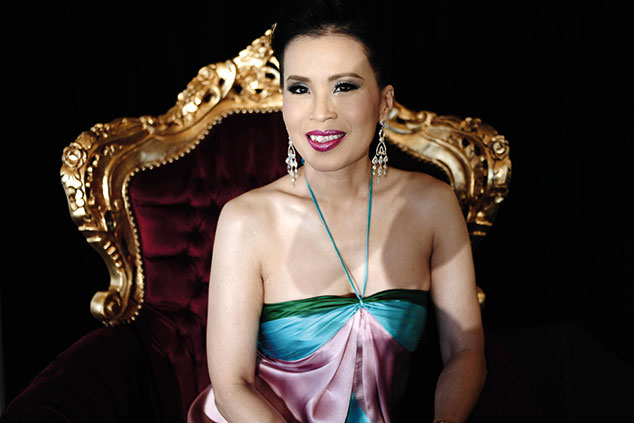
They have to be: southeast Asia’s second-largest economy has been in political turmoil for years now, and the constant tension has hampered efforts to introduce structural reforms to boost efficiency.
This year, the country is due to hold a general election on 24 March. This would be the first vote since the military government seized power in 2014 during a period of unrest and bloody street protests. In the most recent twist, the Thai Raksa Chart party (which is linked to a former Thai leader, now exiled) announced that Princess Ubolratana would be their prime ministerial candidate. Given the royal family’s popularity, her candidacy would have posed a serious challenge to the military regime – if her brother, the king, had not vetoed the idea late last week.
“The only thing the episode appears to have achieved is to heighten tension” between the supporters of the junta and its opponents, says The Economist. Once again, Thailand’s two camps “are at daggers drawn”.
Some investors remain unfazed. “Every now and then these things flare up; it doesn’t have a long-lasting impact,” Nader Naeimi, head of dynamic markets at AMP Capital Investors told Bloomberg. But are the fundamentals impressive enough to make up for the enduring political dysfunction? In the 2000s, the economy used to expand by an average of 4.6% a year. But GDP only grew by 3.3% year-on-year in the third quarter of 2018. It’s not just the absence of structural reforms.
Ever since the military coup five years ago, investment has suffered. Meanwhile, both consumers and businesses are grappling with high debt levels.
Around 70% of GDP comes from exports, and this motor is stuttering. Nor can valuations compensate for this inauspicious backdrop. Thai shares are on a price/earnings ratio (p/e) of 15; Chinese companies only trade at around 13. There are better opportunities elsewhere in the region .